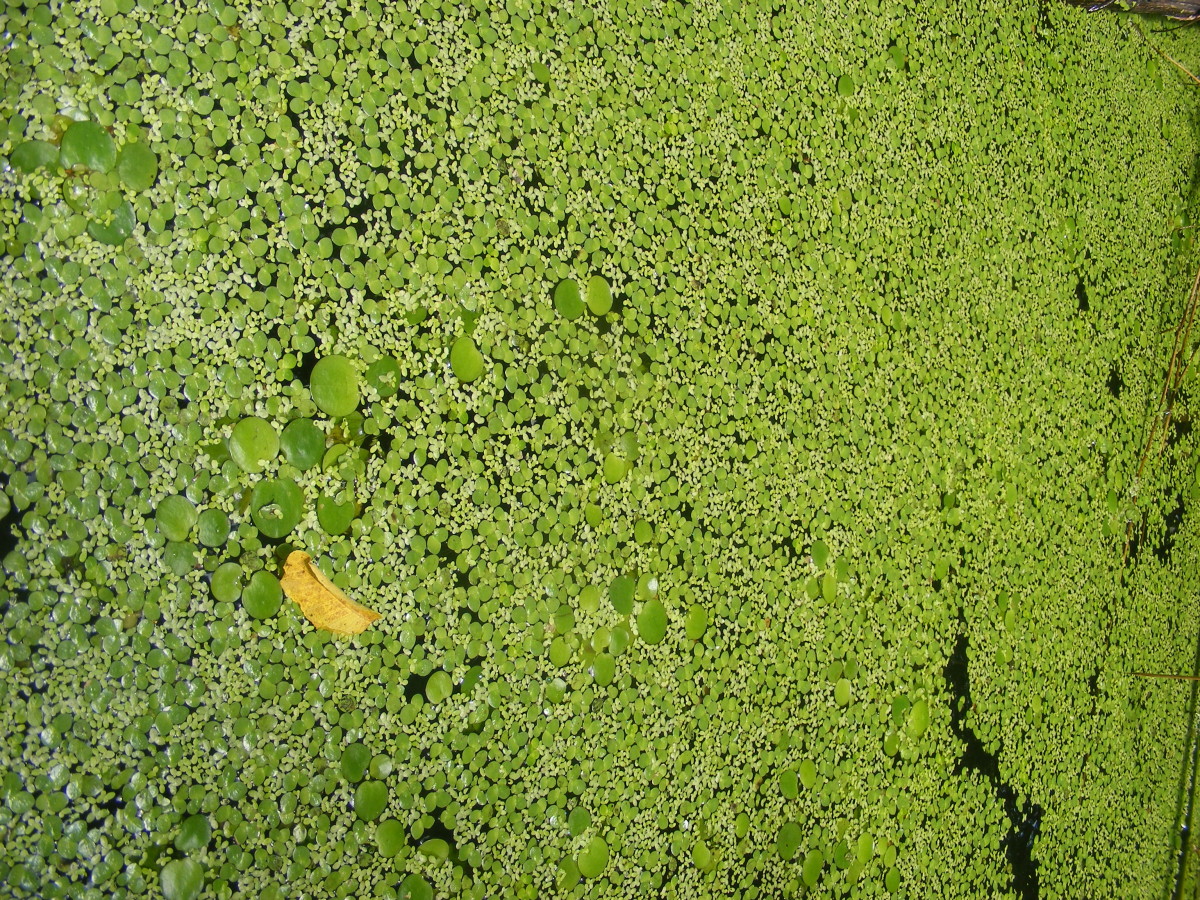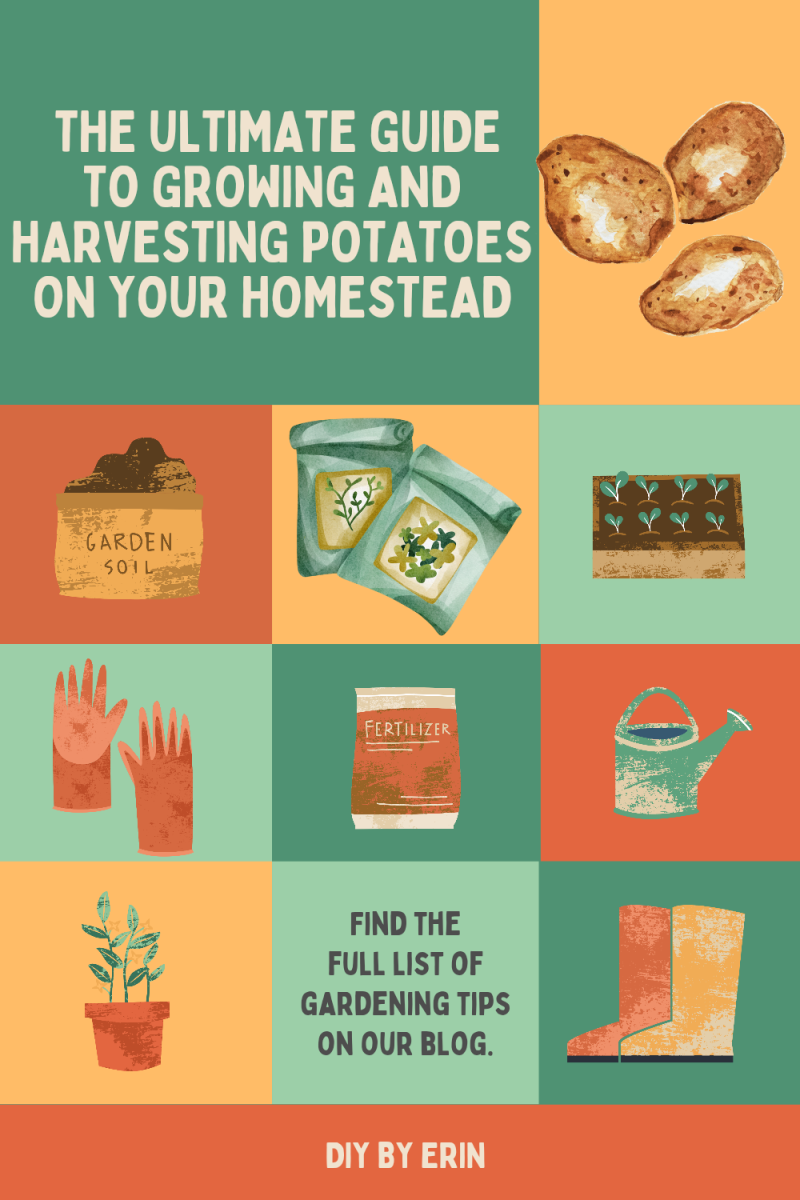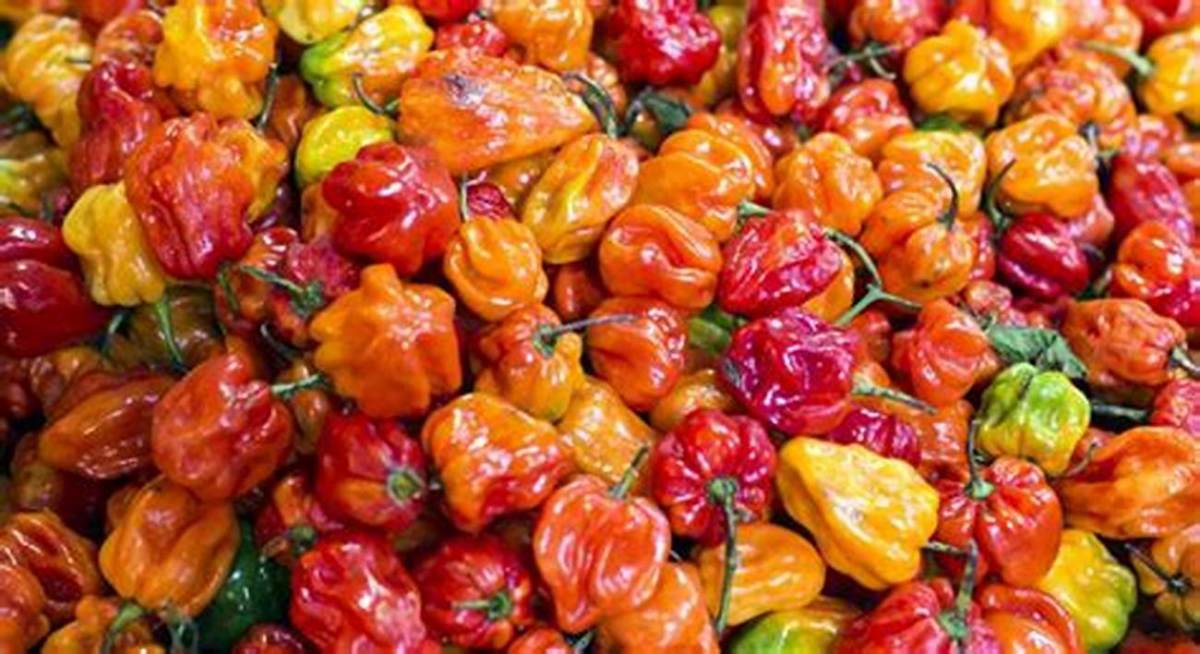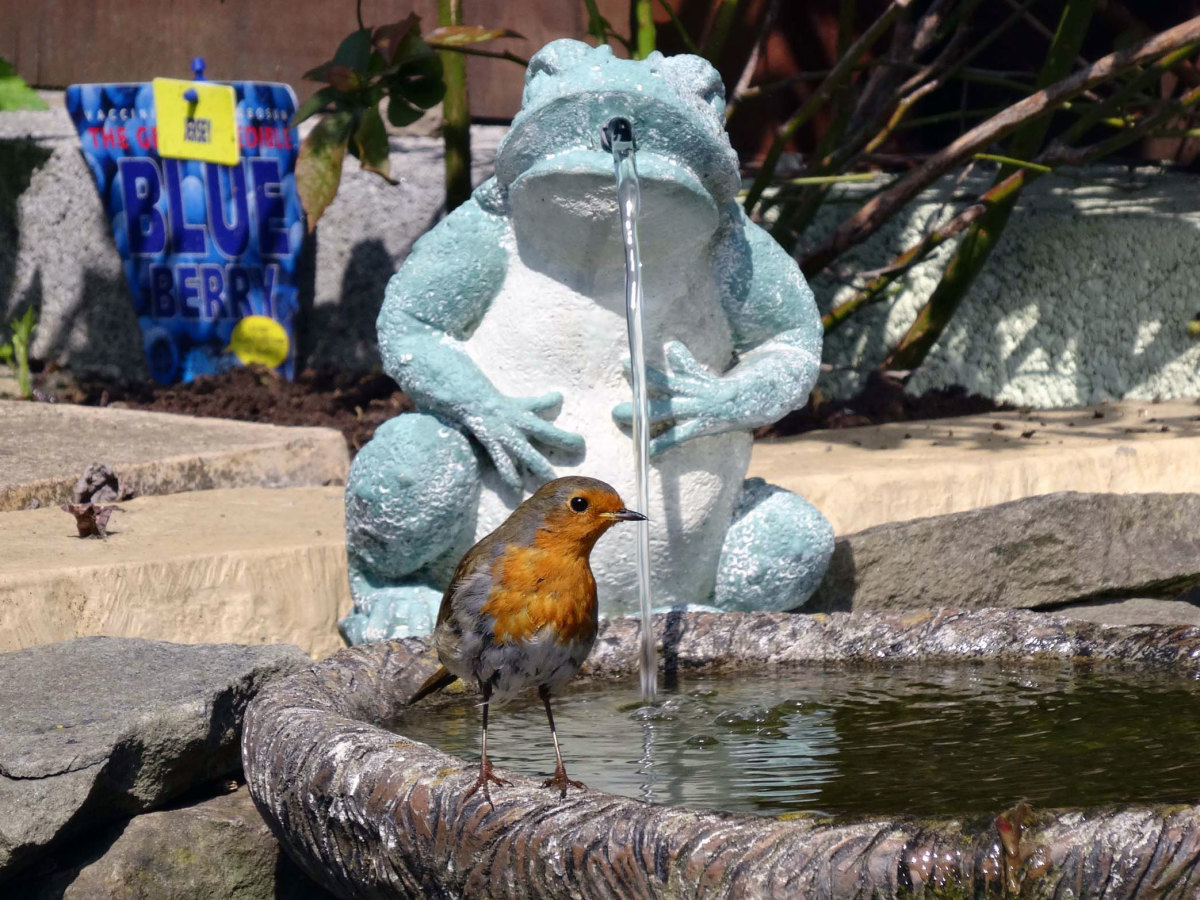- HubPages»
- Home and Garden»
- Gardening»
- Organic Gardening
Homesteading
Homesteading is not an adventure one should rush into; careful thought and planning will ensure the success of homesteading. In this hub I will discuss my own journey creating a homestead.
Homesteading can be a costly journey, you will want to consider the costs of raising livestock, especially in winter when their nutritional needs are much higher.
Choosing what type of homestead, you want is the first step, you can raise livestock or simply stick to farming or gardening. Either way you will likely enjoy and at times get irritated with the experience.
Not all homes and areas are suited for homesteading, obviously a more urban location would not be optimal. Some locations have zoning laws that will not allow raising animals, and some that do allow animals limit the number of animals per acre that you can own. If you are looking to purchase land in order to homestead it is important to check with local government offices and the zoning commission to ensure that your homesteading dream remains within the local laws.
Also consider if you plan on dairy cattle, or dairy goats to generate income, this could be hindered by laws against raw milk consumption. Checking a specific areas laws regarding small farms, and dairy farms are of huge importance before getting your heart set on a location.
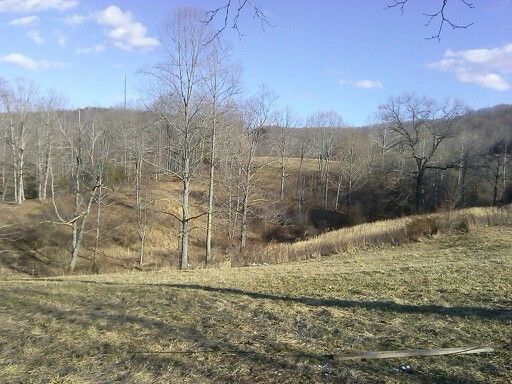
Starting Out
We have not always been what I like to refer to as "modern homesteaders" (we still use technology and my fiance still holds a full-time job). As may people will tell you "homesteaders" live completely tech free and off the land, sure but we decided to start small. We have struggled above and beyond for so many years, even with both of us working. We were unable to pay our bills, fell behind on rent, were evicted, homeless well I could go on, but you get the point. We were at rock bottom.
After struggling and living in a 6x6 room in my sister’s house with our newborn son for 6 months. We were blessed with an offer from friends to take over a run-down 100+ acre farm. It needed TONS of work, and we are still working on things a year later, although we have made a lot of progress. Alas I am getting ahead of myself though.
At one point I looked in our fridge and saw half a dozen eggs and a tub of butter, that was it. I of course cried. I always made sure my son and fiance had food to eat often not eating for days myself. I decided that we needed to get back to farming like I remember my Grandparents doing. I would stay summers with my Grandmother, and we would work hard in the garden and with livestock sure, but we never hungry. She rarely ever went to the store and had to purchase food either. So why am I paying for food that I can grow myself. I could see the light go off and imagine my late Grandmother saying "duh, sis what do you think I was teaching you!"
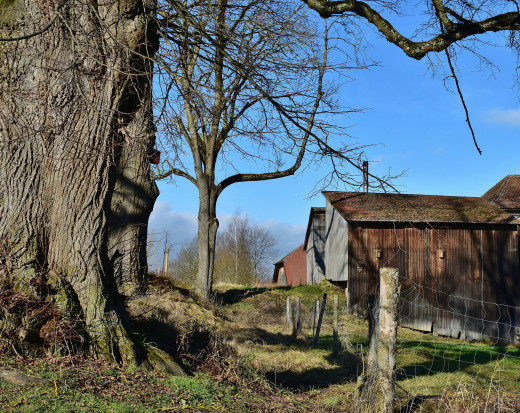
Not Ideal Circumstances
I would love to say that things were easy as we are getting started with our homestead, they are not. Sure, we were able to get the farm for a low monthly rent (fantastically low for our state). But, it had not been taken care of at all. The former tenants harmed more of the acreage than helped, cutting down many of the fruit bearing tree. They also filled the chicken coop and barn with trash. Completely trashing the inside and the outside of the home, we had to gut the kitchen. It was so filthy that no amount of bleach would make me feel comfortable using it to prepare dinner for our family. It took over 2 months to fix all the plumbing (they had shut off the gas when they vacated, with 6 inches of snow outside!). So, after tons of scrubbing and bleaching and repairs, we finally moved in.
Now we turned our focus outside, today we have 90% of the trash and junk they left behind gone. It would have been 100% but we totaled our truck during a haul to the dump. I would like to add that yes, we recycled what we could, although recycling is very limited in our area. We spent several hundred dollars between fuel and the fees at the dump to rid us of the previous tenants refuse. Disgusting does not begin to cover it, I was appalled that children had been living in the conditions. As I waded through dirty personal items and diapers (using gloves of course). Today we still have two small junk piles, and the remnants of a trailer on the property. It was destroyed years prior during a storm. It still need hauled away, not much more than an eyesore at this point.
Our first spring we were in no way ready for a huge garden, I focused on planting in the flower beds, I had created around the house. We enjoyed a wealth of bounty from the tomatoes, peppers, beans and squash I had growing around the house. I was giving away squash as well as canning and freezing some for the winter, for just a small area it grew in abundance.
So, progress has been slow on getting things up and running for maximum self-sufficiency. That being said, every small step we take leads us in the right direction. We were lucky enough that the barn and livestock building, and pens only needed a good clean out. The buildings had weeds and brush growing in them, as well as trash and debris. This winter we have managed to completely clear them out, have them completely ready for the spring.
Homestead House From The 1800's
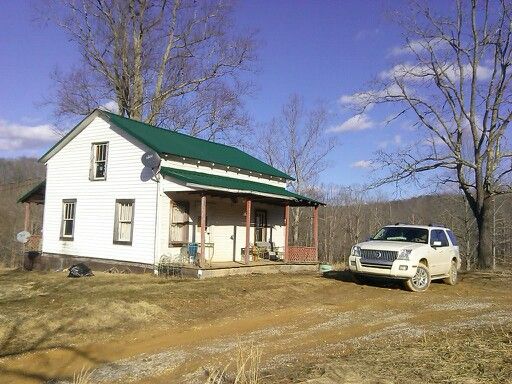
Homesteaders Are Crazy
Many people think we are crazy for taking on such a large project with our small family, what they fail to see is the financial freedom that can come from achieving our goal. Yes, we rent the property currently, but freeing up our food costs overtime by raising livestock, will allow us to save money toward the future purchase of our own home. Or the purchase of land and building our home if we choose.
Let me shed some light on the subject, the USDA reports that the average food cost for a family of four is $149-$289 a week! My fiance brings home on average, after taxes, around $489-$530 every two weeks. So you can imagine how putting food on the table can be hard at times, with our other financial obligations. I was trying to coupon, it helps but more often than not coupons are for less than healthy options, like microwave heat and eat meals, or even products not available in my area at all. We live 50+ miles from the nearest store, that is a staggering $16,184.00 a year for a family of 4 to buy food.
To put this in a better prospective, my fiancé makes $15,000.00 a year at his current job, we are what I would refer to as a "part time" family of four, (we have my step daughter for the entire summer and all the school breaks). So much of the year I am only feeding three, but you can still see how the cost of feeding our family does not leave much for any other expense. I bet your think "why doesn't she work?" it sounds crazy but it is not affordable. Yes, you read that correctly, at this point with my son being so young, having a dual income house would mean paying daycare as well as having a second vehicle with added insurance, maintenance and fuel costs. What I would make taking on a job would likely not even cover the costs of daycare.
You can absolutely start growing your own food, with very little cost involved! I have spent most of the winter searching for NON GMO (genetically modified organism) and heirloom seeds, I would rather pay a little more initially and be able to start saving my own seeds for the coming years. I have found great prices for "survival garden" seeds via eBay and other online sources. The best price was over 1800 varieties of seeds for $36.00 all packed for long term storage, a $36.00 investment to cut my food cost by at least half, if not more this coming year is well worth it.
Now for many people even scrounging an extra $36 may seem very hard to do, if you cut out that energy drink, or cup of coffee on the way to work for a little over a month you can save $36.00 easily! I also find that many people on public assistance that receive SNAP benefits do not realize that, they CAN buy seeds with these benefits. I advocate that if you do get SNAP you should invest in seeds, these will produce food much longer than a purchase of the same amount in food will.
This year we are opting to start with chickens as our first source of livestock. Being relatively inexpensive to obtain and start, it seemed like the best choice for us starting out. Chickens will not only provide fresh eggs; they are also a source of meat. Since we have hay fields to produce the bedding, and enough land to grow, and provide our own feed for them as well. Do not enter anything lightly without first looking into the costs, this goes for any aspect of your life. Chickens can be a gamble depending on the cost of feed and bedding in your area. It is most cost-effective choice to be able to sustain your livestock yourselves, without having purchase feed at a store. So do your research and see what best suits your budget and needs and what your land is suitable to grow.
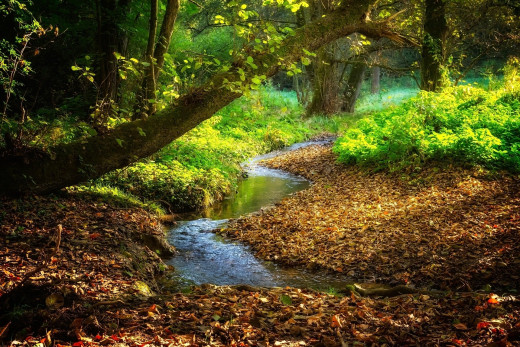
Knowing The Land On A Homestead
The first thing anyone should do is walk the land on their homestead, we have found many edible resources already growing on ours. We have found elderberry, black walnut, a huge blackberry bramble patch and many pawpaw trees. There are also the remnants of an orchard, several apple and cherry trees have made it through the years of not being tended, and many horse chestnut trees.
There are so many things that I can make out of just the few listed, I made huge batches of apple butter and apples sauce. As well as milling and making chestnut flour (by hand) for baking. The leaves from the bramble make an excellent tea for cold season and the berries make the best cobblers! Black walnut can be eaten as a nut, used in recipes, you can produce syrup from the trees much like maple syrup, the skins are useful for medicinal purposes. Elderberry, if you do not know about elderberry you are missing out, it is by far my favorite jelly and full of antioxidants too! I cleared up my sons hand foot and mouth disease in 3 days with two doses of elderberry syrup a day, an illness that usually takes several weeks to clear up!
I also made money from the horse chestnuts, at a whopping $10.00 a gallon bag. We have an abundance of them so it is time well spent to remove the shuck and bag them. There are many things you can do with a chestnut, first make sure the variety you have is an edible one, as not all chestnuts are. I also make income selling jams and jellies at fairs and festivals, also receiving direct orders from former customers via Facebook and email. I do not make a fortune but every little bit helps!
We also have tons of cattails growing here, as the property runs alongside the river, you can eat cattails, As well as, using the top for a fire starter and many other purposes. I suggest purchasing a field guide with survival tips, there are many available on Amazon and eBay. A survival guide will help you identify the natural growing edible plants on your property and tell you what to avoid. I personally opted to also purchase a plant guide that focuses on medicinal properties and how to cultivate the various plants for this purpose.
Just suggestions of course. I want to add that you should NEVER consume any wild plants if you are not 100% sure of what it is! Many wild plants may look appetizing, they are all potentially poisonous! Often times some cooking preparation is needed in order to make them "edible" instead of a danger to your health!
I also consult a friend who is a botanist if I am ever in doubt of a plants poisonous nature, best advice is to steer clear of any plant that you think may even be remotely harmful! I can not stress enough "when in doubt throw it out" when it comes to foraging!
You will also want to evaluate the best spots for your garden and livestock, if you have a running spring or stream on your property (we do) it is a good spot for your livestock if your planning for cattle, sheep and so on. This way they have unlimited access to water, as well as freeing up some time in your daily chores since you won't have to haul water.
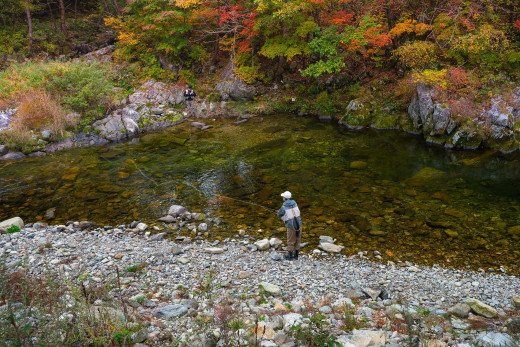
Fish and game
While you may think that you are limited to what you can raise as far as a protein source, you would be mistaken. I suggest before renting or buying anything you look for land that has signs of wildlife. There is a wealth of wildlife all over the world, that is not only good for you but a great source of back up proteins.
In most cases you can hunt or fish, on your own property without a license, though it would be best to check your local fishing and game revolutions before your first hunting adventure. Not only is fish very good for you, it is just down right fun for the whole family!
We have an abundance of deer that bed down on our property, as well as partake of my apple trees whenever they feel the need. We spend our summers fishing the streams and rivers, and the fall-winter months hunting deer in order to put food up for our family. I would suggest if you have never hunted before, find a family member or friend and tag along, always remember "Safety first" in any hunting scenario!
You also need to check your states guidelines for what animals can be hunted, I touched on deer and fish as most states allow both. It is up to you to check for other animals like grouse, turkey, rabbit, and any others in your area. Always make sure to properly dispose of the carcass if you are not using the bones and skin for their wealth of uses.
How does your garden grow?
Do you garden?
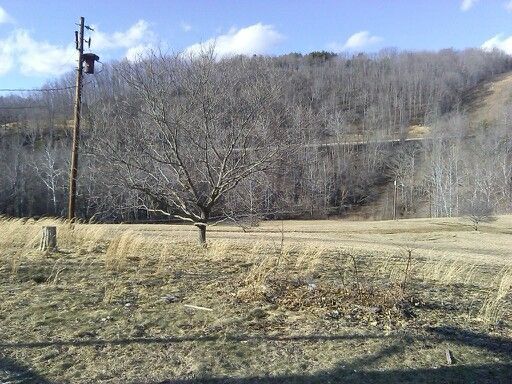
Considering Homestead Life
After sharing some of my insights and the beginning of our endeavor, if you find yourself wondering if you to can start homesteading do not be afraid to try! It will most defiantly take some getting used to, but you can do it. No matter the task at hand never be afraid to try anything, so much time is wasted on "what if" focus on "I can" instead, and you will see your dreams coming true. It has been a slow process for us, as everything cost money initially, we have made so much progress to date.
No task is too great, I find bartering still exists and many people will be happy to help you along the way. We do not currently have a tractor but we can and do barter for others to do work for us, costing nothing out of pocket. Trading skills and jobs to get work done used to be an everyday way of life for our society. Never be afraid to ask for help, you will be surprised how often others are willing to help even for free.


